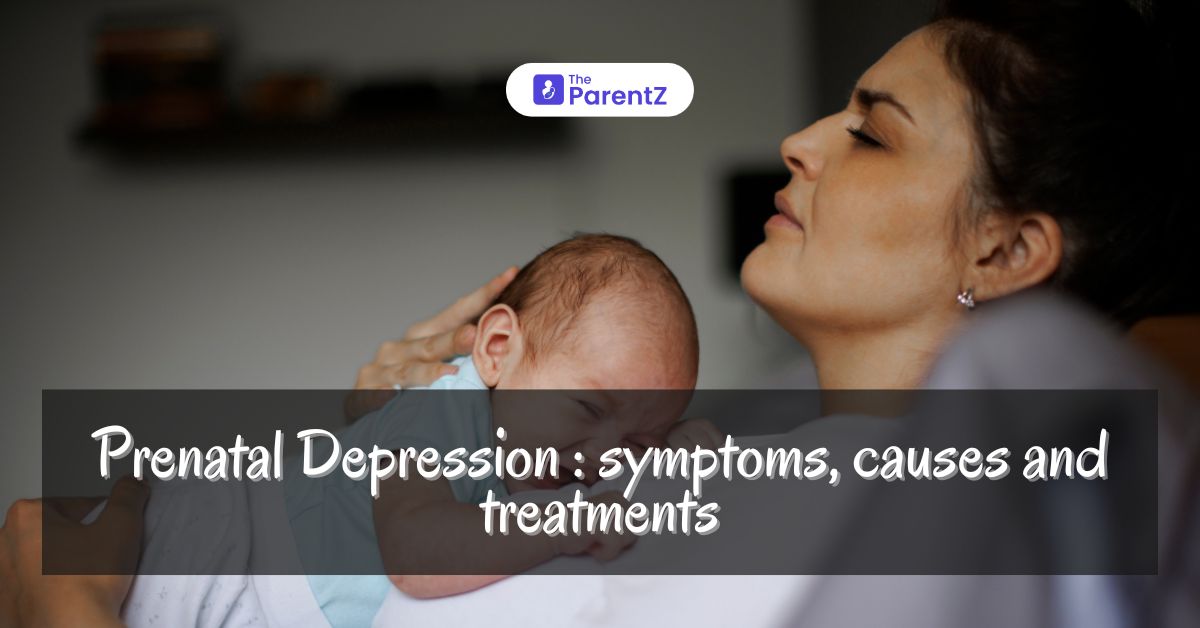Also called antenatal depression, prenatal depression is basically a kind of mood disorder that particularly affects pregnant women. Nearly 14–23 percent of women struggle with depression during pregnancy. It is a severe concern that can have a detrimental impact on both you and your baby’s health. The outcomes may also lead to preterm birth and low birth weight. In fact, according to the WHO, prenatal depression can also result in postpartum depression, which may have a long-term impact on the baby.
Read below this article to learn about the symptoms, causes, and treatment of prenatal depression.
Symptoms of Prenatal Depression
While the signs of regular depression may overlap with those of prenatal depression, you need to be alarmed if you notice the following symptoms:.
- Persistent sadness or loss of hope most of the time
- Tiredness that doesn’t go away after taking rest
- Anxiety about babies and related health issues
- Insomnia or sleeping more than usual
- Loss of appetite or consuming more
- Difficulty in concentration
- Loss of interest in activities you once liked
- Frequent mood changes
- Irritability’
- Feeling worthless about yourself
Causes of Prenatal Depression
The reasons behind prenatal depression include several hormonal, psychological, and societal aspects. Some of the primary causes are listed below.
- The hormonal imbalance during pregnancy often impacts brain chemistry and, thus, difficulty in mood regulation.
- Women who have had a history of depression have a higher chance of suffering from prenatal depression.
- High anxiety and stress levels due to thoughts about pregnancy, childbirth, or becoming parents.
- Relationship problems with partners or family members are also a contributing factor to this kind of depression.
- Unplanned pregnancies can sometimes lead to anxiety and stress, eventually leading to depression.
- Lack of support from friends, family, or a partner during pregnancy is a significant cause of prenatal depression.
- Pregnancy complications can be another reason why women show depression symptoms.
Treatment
Usually, mild cases of prenatal depression can be treated with cognitive behavioral therapy (CBT) or interpersonal therapy that helps change thought patterns and improve relationships. The doctor may also recommend certain antidepressants based on the symptoms. However, make sure to avoid OTC antidepressants, as they may pose a harmful side effect on you or your baby’s health.
Talking about depression is difficult, especially when negative thoughts surround you most of the time. Things can get even worse. Therefore, it is recommended to talk to your healthcare provider as soon as you start to notice depressive symptoms.





Be the first one to comment on this story.